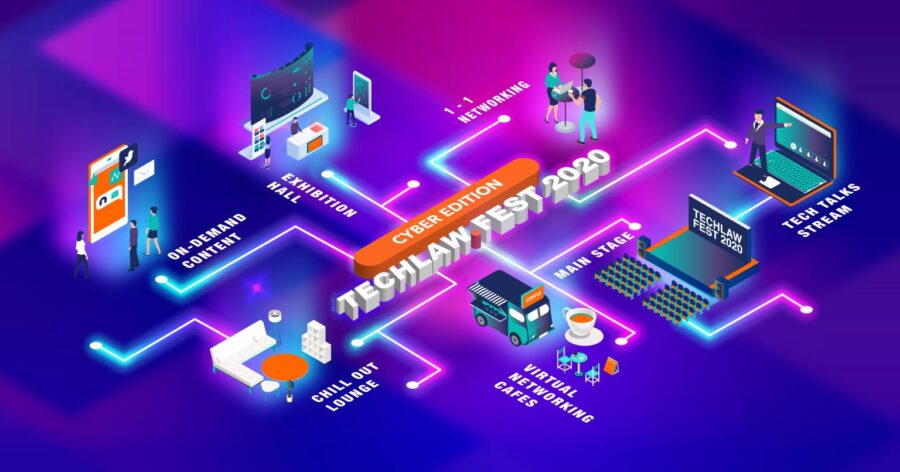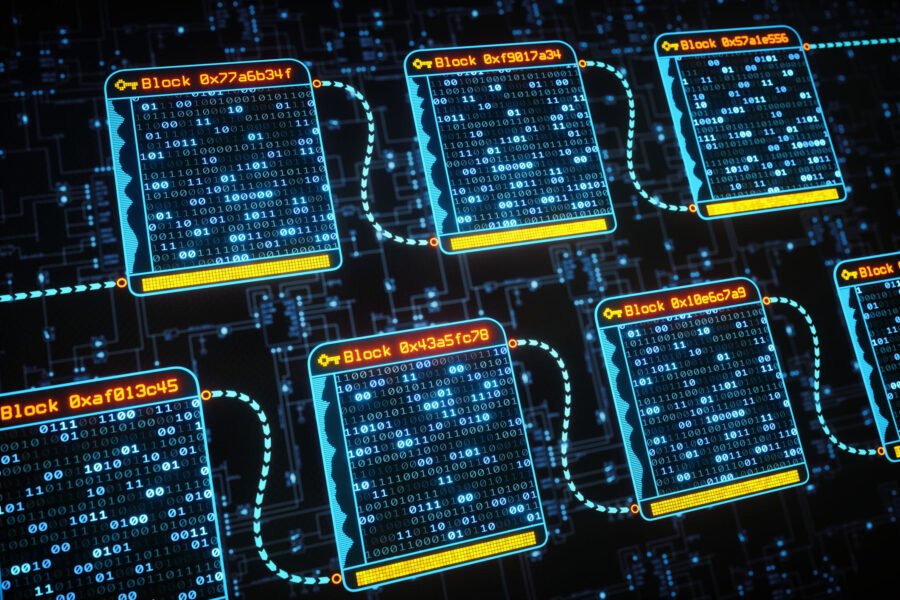Written by Marilyn Sim | Edited by Josh Lee Kok Thong
We’re all law and tech scholars now, says every law and tech sceptic. That is only half-right. Law and technology is about law, but it is also about technology. This is not obvious in many so-called law and technology pieces which tend to focus exclusively on the law. No doubt this draws on what Judge Easterbrook famously said about three decades ago, to paraphrase: “lawyers will never fully understand tech so we might as well not try”.
In open defiance of this narrative, LawTech.Asia is proud to announce a collaboration with the Singapore Management University Yong Pung How School of Law’s LAW4032 Law and Technology class. This collaborative special series is a collection featuring selected essays from students of the class. Ranging across a broad range of technology law and policy topics, the collaboration is aimed at encouraging law students to think about where the law is and what it should be vis-a-vis technology.
This piece, written by Marilyn Sim, seeks to discuss a question that has as of late not yet been dealt with in most jurisdictions – how are Non-Fungible Tokens (“NFTs”) stolen? More specifically, what does it mean for an NFT to be stolen in fact, and if it can indeed be stolen, what are the chances of an individual reclaiming his or her NFT? This paper surveys available material and comes to the finding that NFTs can be stolen in direct and indirect ways.





